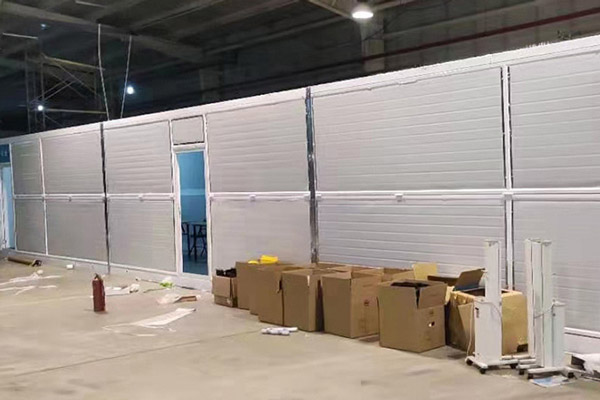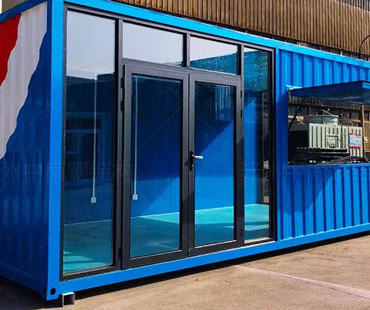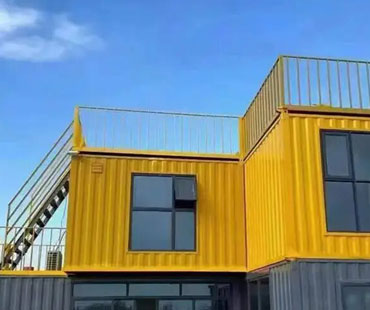In an era marked by growing environmental concerns, the shipping industry faces increasing pressure to adopt sustainable practices. Containers, which are integral to global trade, offer a unique opportunity to enhance sustainability in transportation. This article explores the intersection of environmental protection and container shipping, examining innovative solutions and practices that minimize the ecological footprint of this vital sector.
The Environmental Impact of Container Shipping
Container shipping is responsible for a significant portion of global greenhouse gas emissions. According to the International Maritime Organization (IMO), shipping contributes approximately 2-3% of total global CO2 emissions. As global trade continues to expand, so does the need for efficient and eco-friendly transport solutions. The environmental impact of container shipping extends beyond emissions; it includes air and water pollution, marine biodiversity loss, and the carbon footprint associated with the manufacturing and disposal of containers themselves.
Innovations in Container Design
One of the most promising avenues for reducing the environmental impact of container shipping is through innovations in container design. Modern containers are being developed with sustainable materials and manufacturing processes in mind. For example, companies are exploring the use of lightweight, durable materials which not only reduce the energy required for transport but also decrease emissions. Additionally, the design of containers is evolving to enhance aerodynamics and efficiency, thus reducing fuel consumption during transit.
The Role of Technology in Efficiency
Advancements in technology play a crucial role in promoting sustainable transport solutions within the container shipping industry. The integration of smart technologies, such as the Internet of Things (IoT), enables more efficient tracking and monitoring of container shipments. This real-time data allows for better route planning, reducing unnecessary fuel consumption and emissions. Moreover, blockchain technology can enhance transparency and efficiency in supply chains, minimizing delays and waste.

Alternative Fuels and Energy Sources
The transition to alternative fuels is another critical aspect of making container shipping more sustainable. Traditional marine fuels, such as heavy fuel oil, are major contributors to maritime pollution. However, the industry is increasingly exploring options such as liquefied natural gas (LNG), hydrogen, and biofuels. These alternatives can significantly reduce greenhouse gas emissions and pollutants. Some shipping companies are even investing in electric and hybrid vessels, further pushing the boundaries of sustainable transport.
Port Innovations and Infrastructure Improvements
Sustainability in container shipping is not limited to the vessels themselves; ports play a crucial role in the overall environmental footprint of the industry. Innovations in port infrastructure, such as the implementation of shore power systems, allow ships to turn off their engines while docked, reducing emissions significantly. Additionally, the development of efficient cargo handling systems and automated technologies can streamline operations, minimizing energy use and waste.
Circular Economy Practices
Embracing circular economy principles is vital for enhancing sustainability in container shipping. This includes rethinking the lifecycle of containers, from production and use to disposal. Many companies are now focusing on recycling and repurposing containers, transforming them into homes, offices, and community spaces. This not only reduces waste but also creates new economic opportunities. By implementing circular practices, the industry can significantly lessen its environmental impact while fostering innovation.
As the world grapples with pressing environmental challenges, the container shipping industry stands at a crossroads. By embracing sustainable transport solutions, including innovative container designs, alternative fuels, and advanced technologies, the industry can significantly reduce its ecological footprint. The journey towards sustainability is ongoing, but the commitment to protecting the environment while facilitating global trade is more critical than ever. Through these collective efforts, the container shipping industry can lead the way in fostering a greener, more sustainable future.


